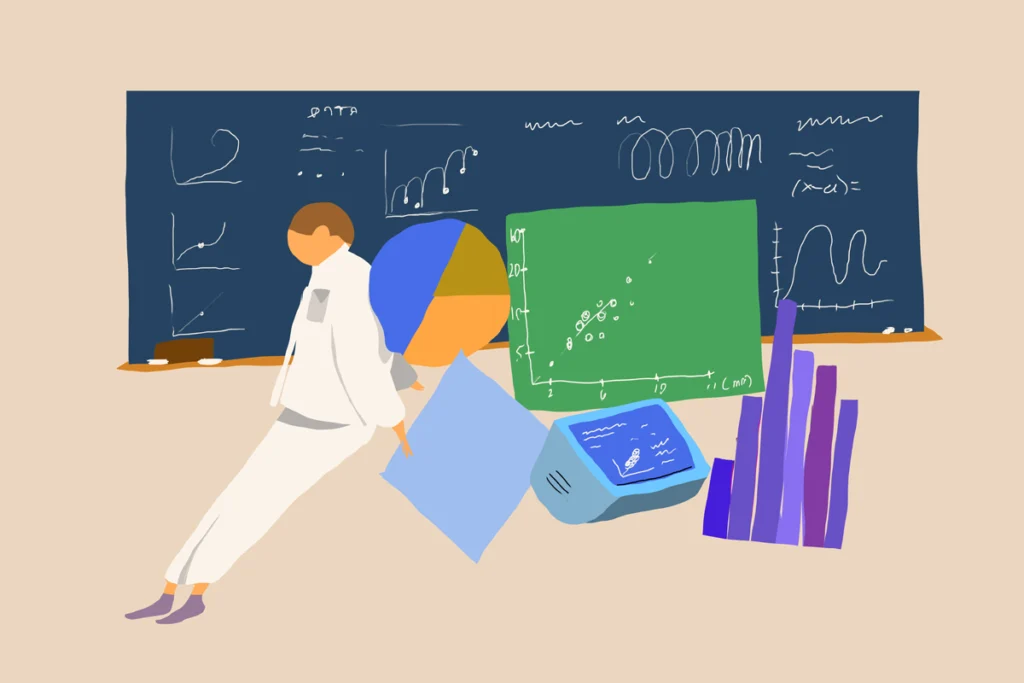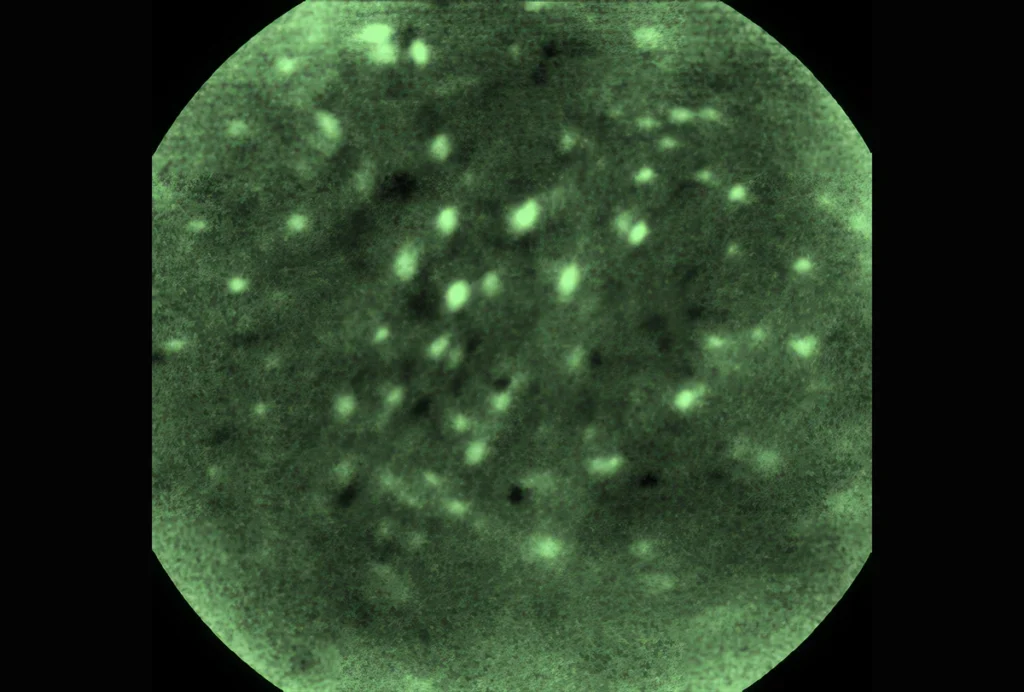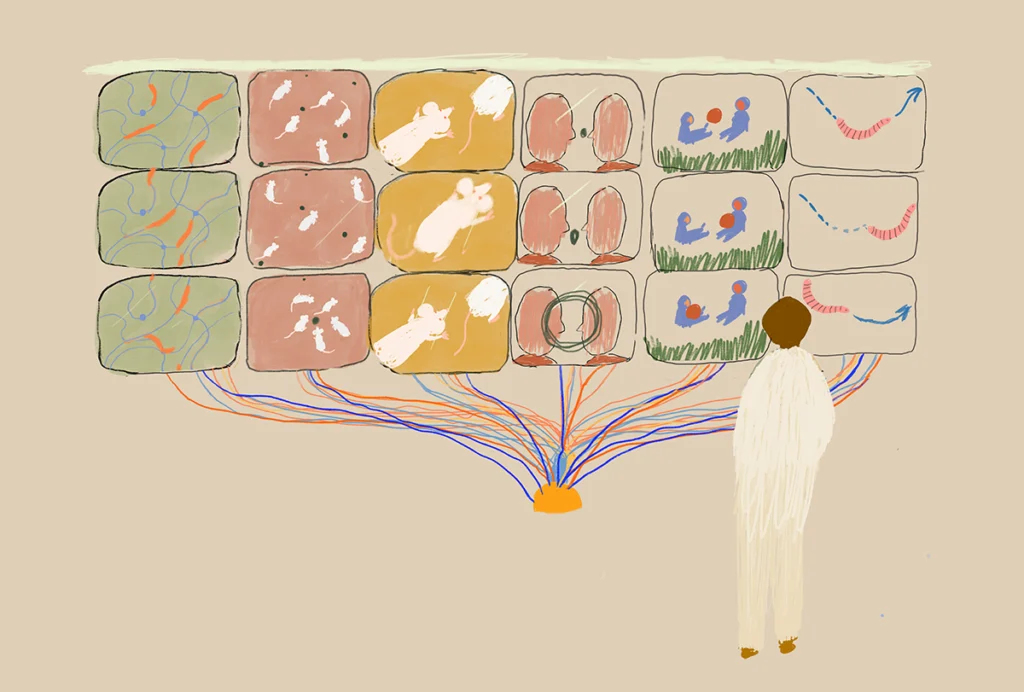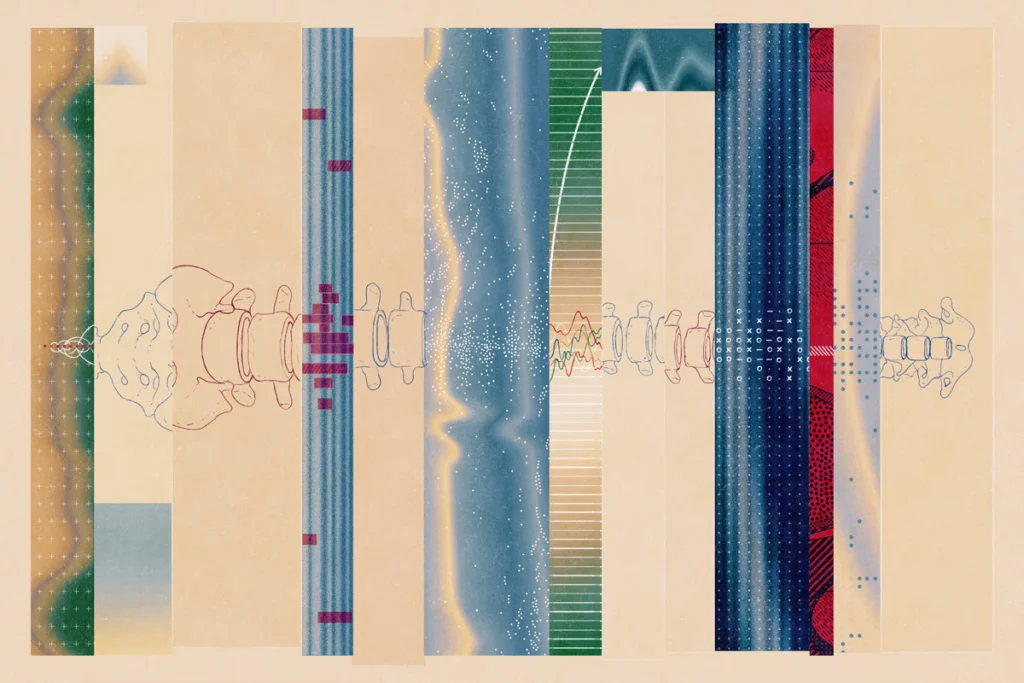Open neuroscience and data-sharing
This series of scientist-written essays explores some of the benefits and challenges of data-sharing.
Neuroscience graduate students deserve comprehensive data-literacy education
Despite growing requirements around how to handle and share data, formal training is lacking.

Neuroscience graduate students deserve comprehensive data-literacy education
Despite growing requirements around how to handle and share data, formal training is lacking.
Designing an open-source microscope
Funding for the development of open-source tools is on the rise, but support for their maintenance and dissemination, both crucial for their meaningful uptake, remains a major challenge.

Designing an open-source microscope
Funding for the development of open-source tools is on the rise, but support for their maintenance and dissemination, both crucial for their meaningful uptake, remains a major challenge.
Neuroscience needs a research-video archive
Video data are enormously useful and growing rapidly, but the field lacks a searchable, shareable way to store them.

Neuroscience needs a research-video archive
Video data are enormously useful and growing rapidly, but the field lacks a searchable, shareable way to store them.
Unleashing the power of DIY innovation in behavioral neuroscience
Widespread adoption of open-source tools calls for more support and training.
Unleashing the power of DIY innovation in behavioral neuroscience
Widespread adoption of open-source tools calls for more support and training.
Pooling data points to new potential treatment for spinal cord injury
By gathering raw data from multiple labs, we identified an overlooked predictor of recovery after spinal cord injury. Many more insights remain trapped in scattered data.

Pooling data points to new potential treatment for spinal cord injury
By gathering raw data from multiple labs, we identified an overlooked predictor of recovery after spinal cord injury. Many more insights remain trapped in scattered data.
Explore more from The Transmitter
New connectomes fly beyond the brain
Researchers are mapping the neurons in Drosophila’s ventral nerve cord, where the central nervous system meets the rest of the body.

New connectomes fly beyond the brain
Researchers are mapping the neurons in Drosophila’s ventral nerve cord, where the central nervous system meets the rest of the body.
Building an autism research registry: Q&A with Tony Charman
A purpose-built database of participants who have shared genomic and behavioral data could give clinical trials a boost, Charman says.

Building an autism research registry: Q&A with Tony Charman
A purpose-built database of participants who have shared genomic and behavioral data could give clinical trials a boost, Charman says.
Cerebellar circuit may convert expected pain relief into real thing
The newly identified circuit taps into the brain’s opioid system to provide a top-down form of pain relief.

Cerebellar circuit may convert expected pain relief into real thing
The newly identified circuit taps into the brain’s opioid system to provide a top-down form of pain relief.